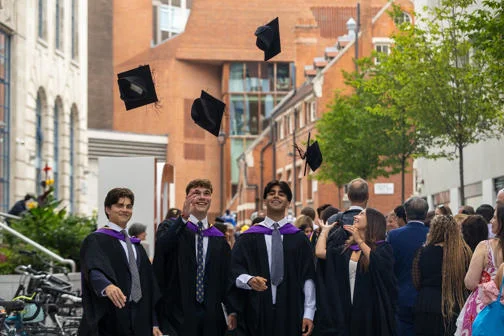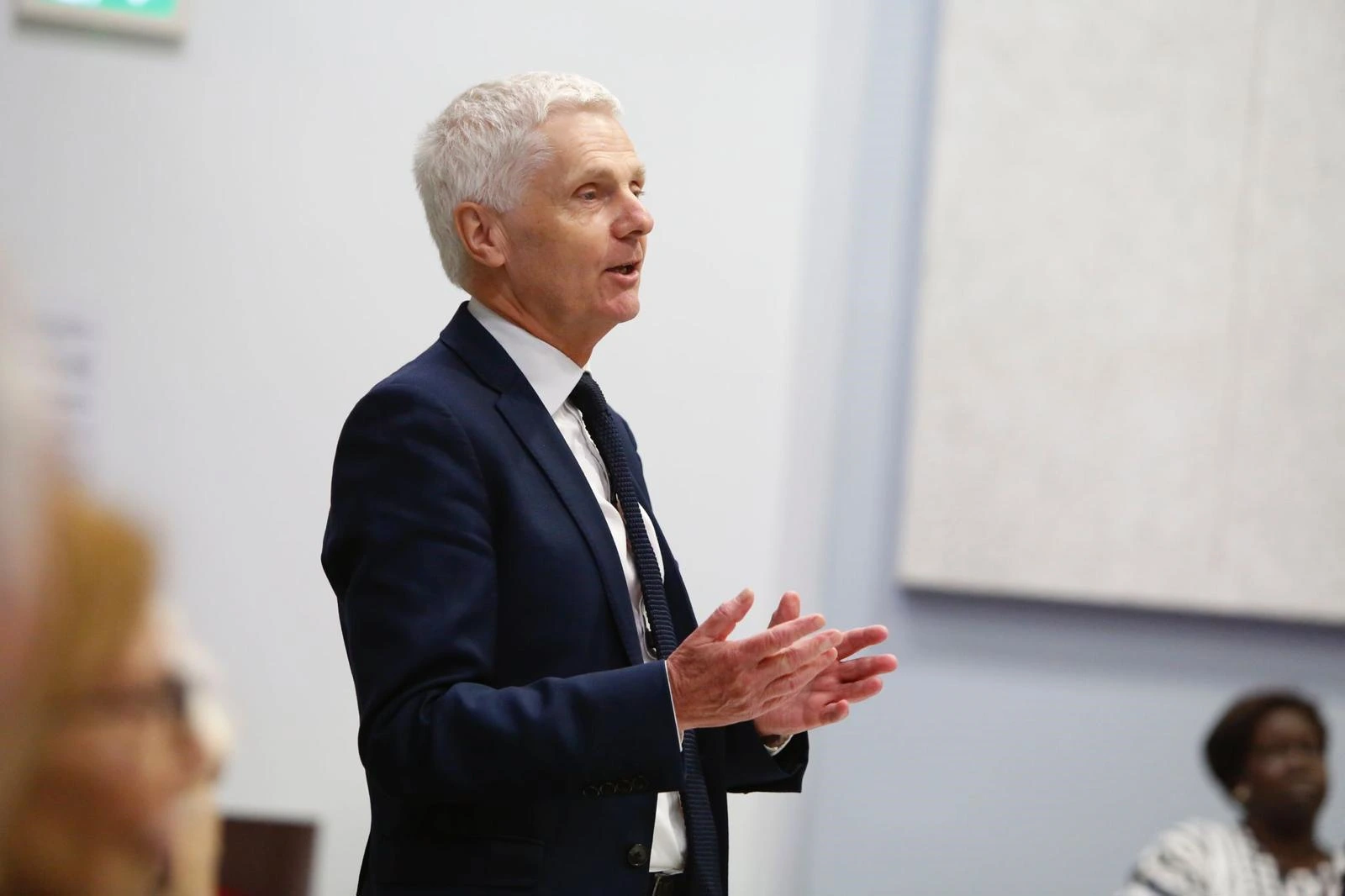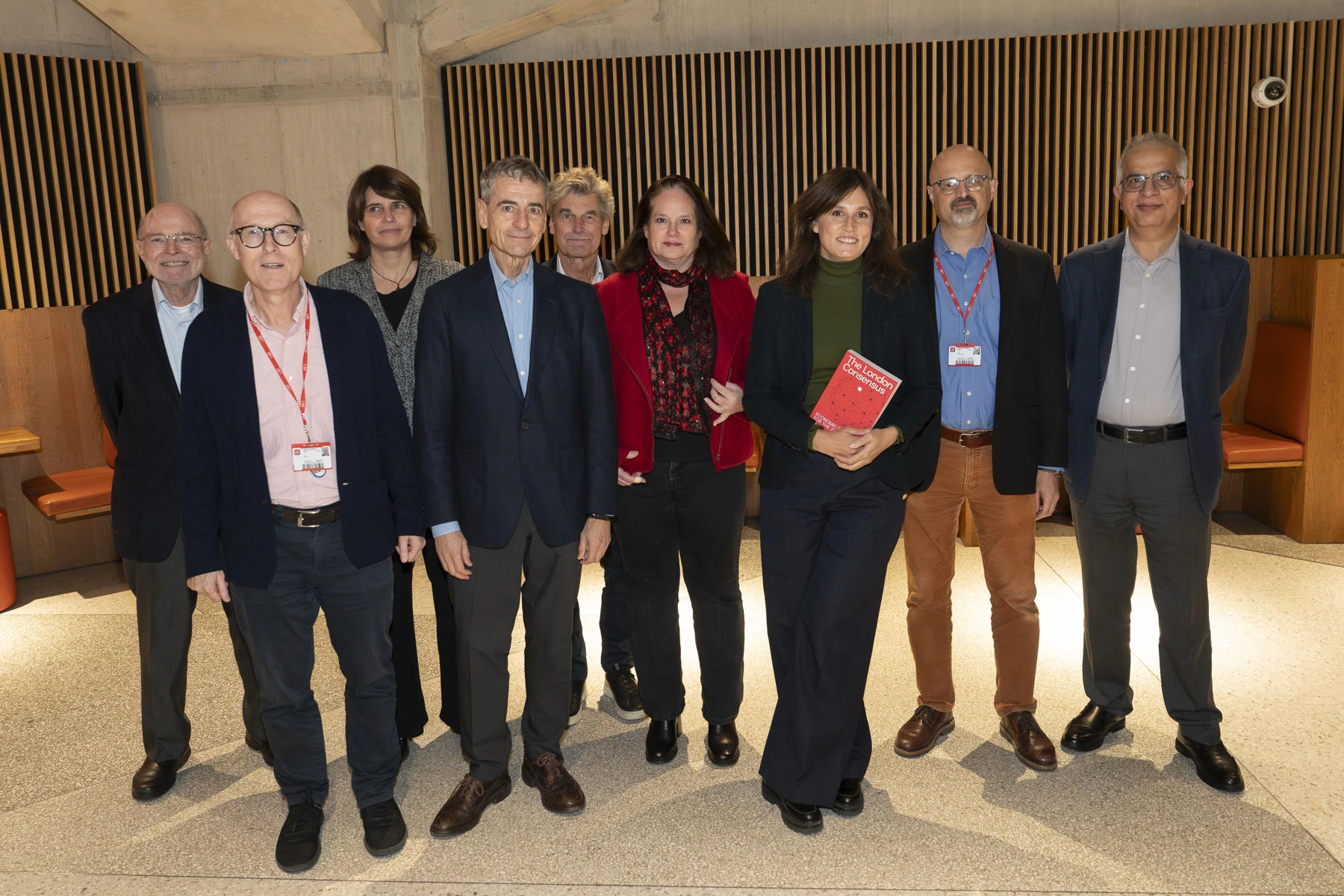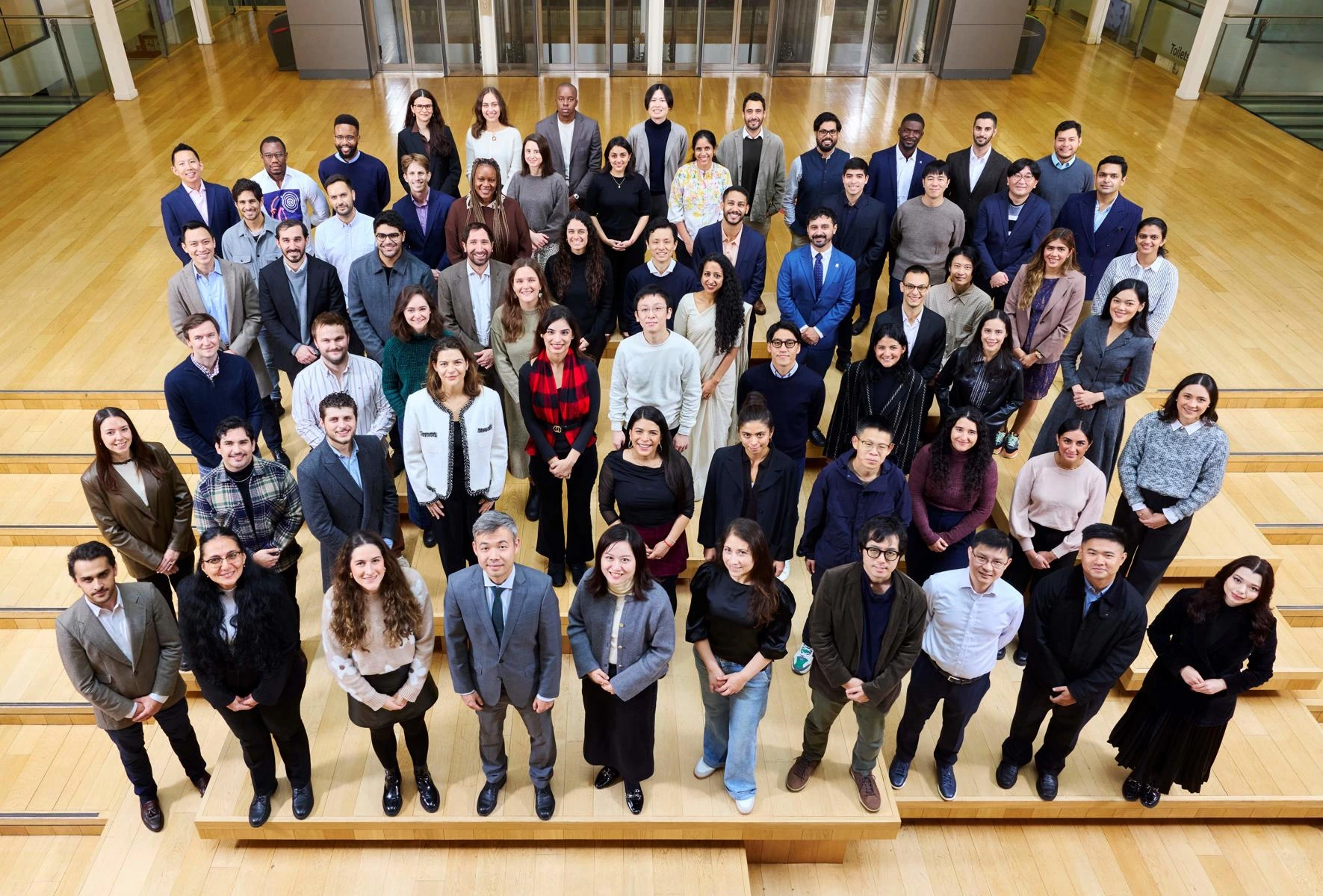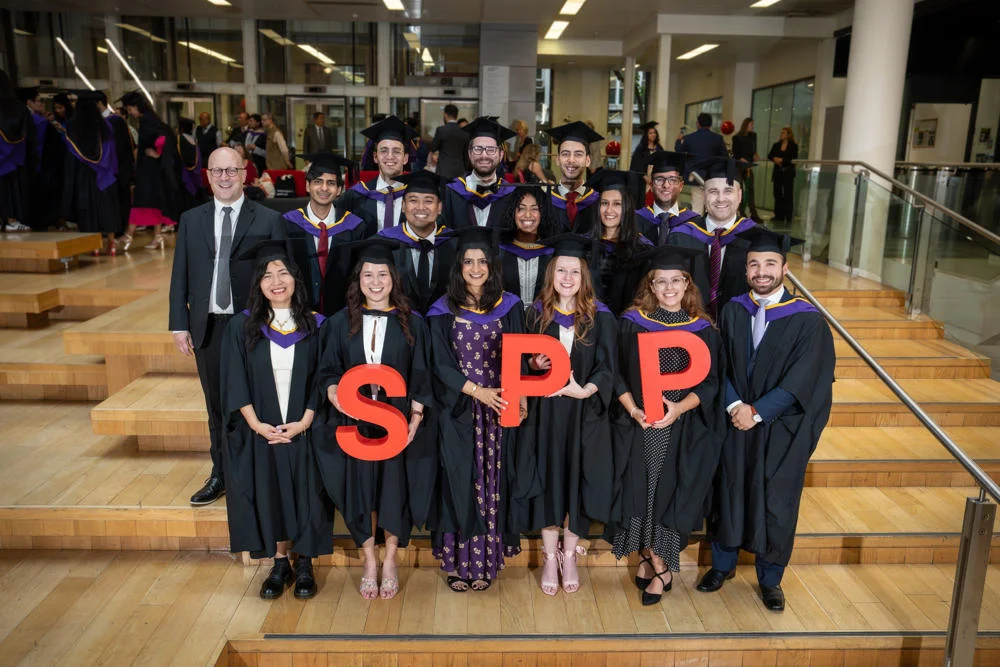School of Public Policy The skills and ideas to transform people and societies
An international community where ideas and practice meet. Our approach creates professionals with the ability to analyse, understand and resolve the challenges of contemporary governance.
Study at SPP
Discover our range of masters degree programmes for early stage career to executive level students

Events
Find out what’s coming up, catch up on past events and watch our latest highlight
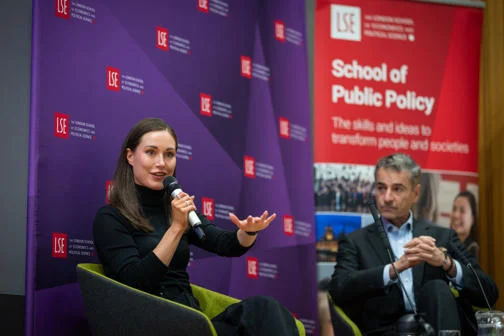
Research
Our collaborations and project

LSE Growth Lab
Working to understand the dynamics of growth
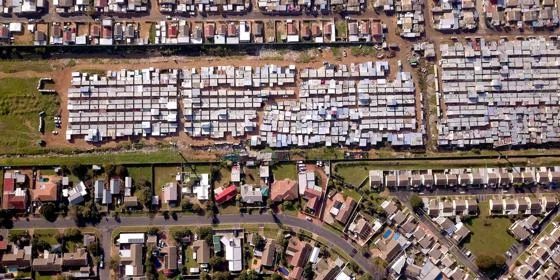
London Consensus
Shaping a 21st Century Policy Consensus
LSE Public Policy Review
A journal focused on current debates in public policy
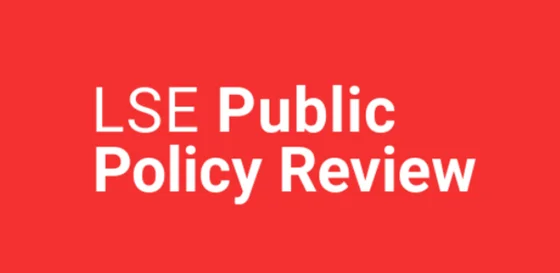
Our Community
Our People
Meet our faculty, researchers and staff
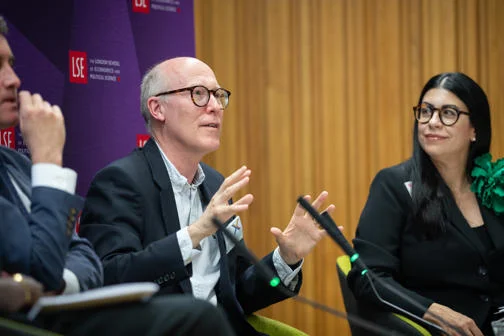
Student Community
Discover opportunities beyond the classroom and hear directly from our student and alumni about their time at LSE SPP
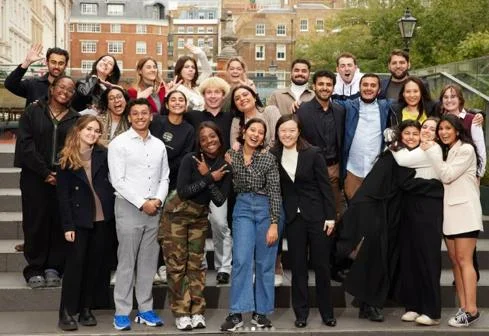
Alumni Community
Connect with graduates and stay engaged with the SPP network
